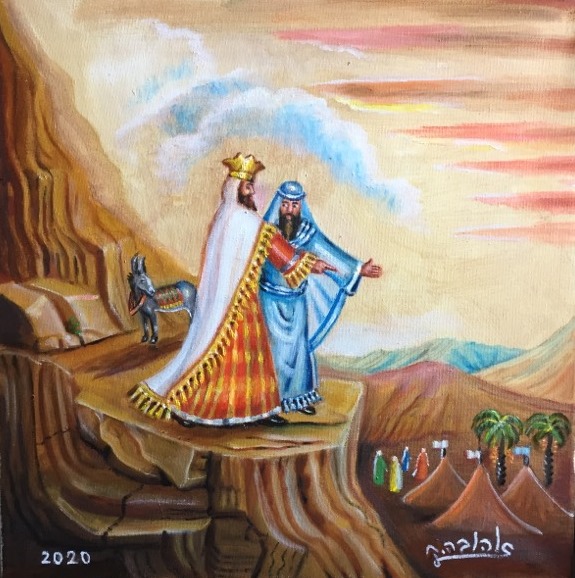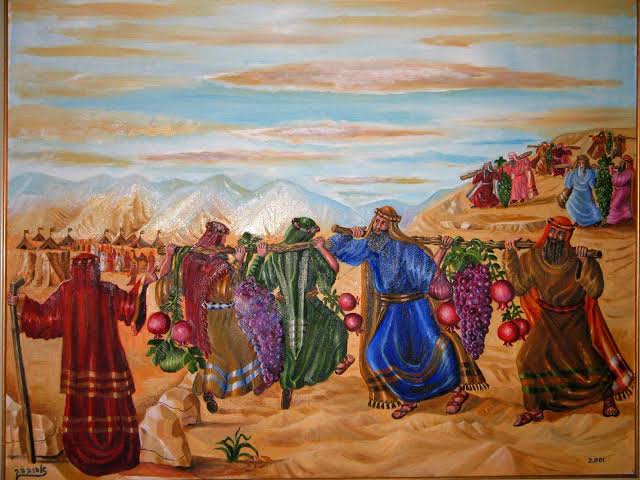Balak- Transforming Bad into Good
Based on the proverb “The name of the wicked will rot,” the Sages advised against naming a child after an evil person to avoid perpetuating their name. This raises a significant question about our Parsha, which is named after the wicked Balak. Balak hated Israel more than any other enemy. How can a Torah portion be named after such a wicked person?
Balak represents a disconnection from holiness, yet he was a great sage who understood the lineage of the kingdom of Israel, including King David. Ruth the Moabite, an ancestor of King David and the Moshiach was a descendant of Balak. This suggests that Balak signifies a unique form of holiness that emerges from transforming evil into good.
Initially, Balak was the antithesis of holiness, symbolizing separation from it. However, the highest form of holiness—King David and his descendent King Moshiach—eventually emerged from him. G-d’s work involves both doing good and transforming evil into good. Studying the Torah and keeping the mitzvot represent pure goodness. However, when a human being combats evil and transforms it into good, it brings divine light to this world. This is exemplified by repentance, which turns sins into merits and elevates the penitent to a higher level than the perfectly righteous.
The Torah hints at this transformation of evil to good by naming a portion after Balak. The goal is not to focus on evil but to clarify and correct it, ultimately leading to the kingdom of David and the Moshiach. Balak, therefore, symbolizes the transformation of bad into good.
This also serves as a lesson for everyone. The Torah teaches that it is possible to overcome evil and even sanctify it, achieving the highest level of holiness. When encountering someone who seems disconnected from G-d, one should recognize that this situation can be transformed for the good, revealing the spark of his soul. This transformation can help bring us closer to the true and complete redemption.
*This is from a series of articles by Rabbi Bernstein Moshe.




